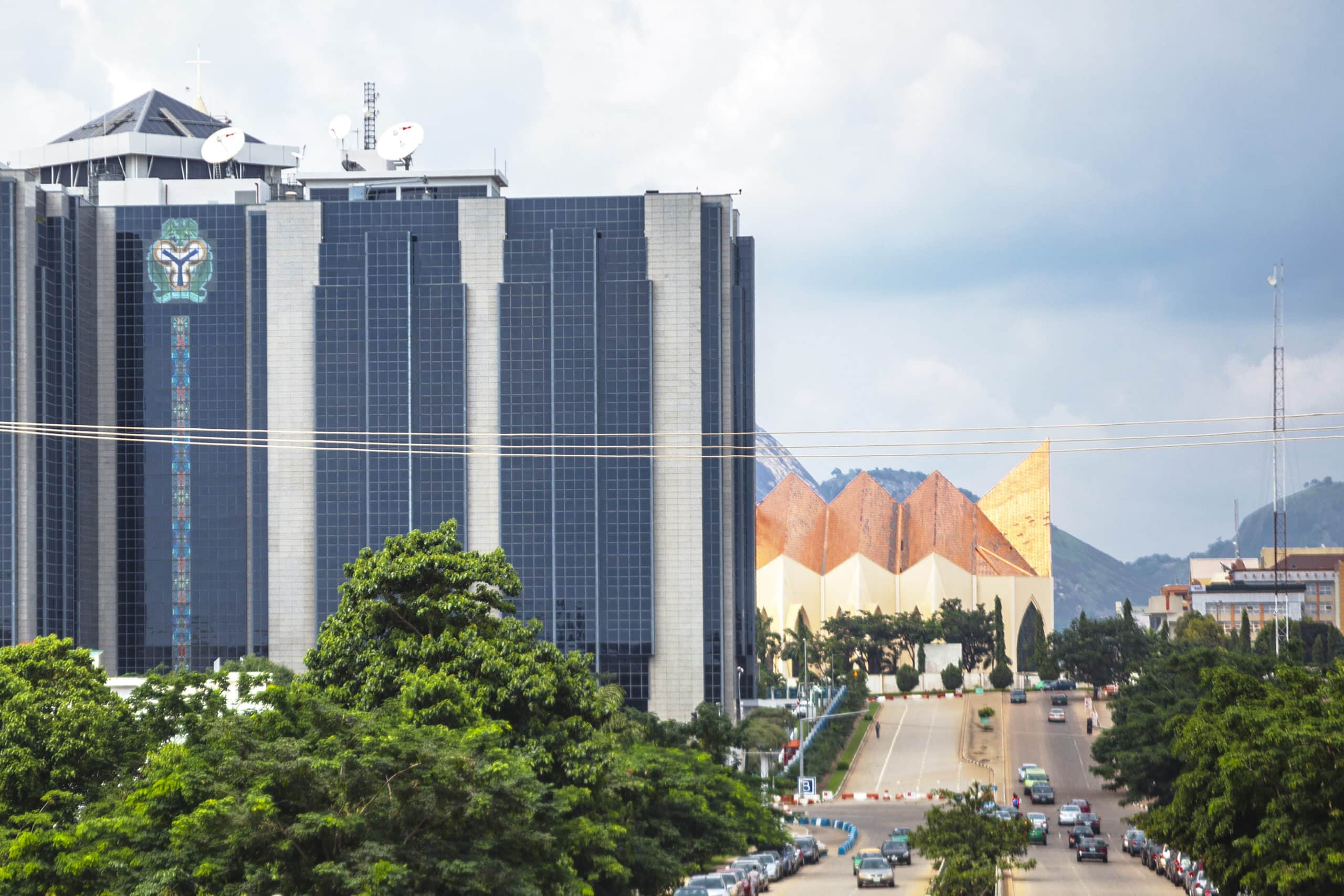Analysts express concerns over the second postponement of the Central Bank of Nigeria’s (CBN) Monetary Policy Committee (MPC) meeting, crucial for interest rates, leading to uncertainties in the market.
While investors began the week on a negative note, resulting in a 0.15% decrease in Nigeria’s equities market, it closed with a 0.07% gain on Thursday. This was propelled by bargain activities in small to mid-cap stocks.
On Monday, Stanbic IBTC Holdings, CWG, and Caverton Offshore Support Group witnessed profit-taking, leading to share price declines. Stanbic IBTC Holdings saw a 7.08% drop, CWG lost 3.14%, and Caverton was down by 2.78%. However, on Thursday, Beta Glass led market advancers, rising by 10%, while Multiverse, Mecure Industries, and Nigerian Enamelware also experienced significant gains.
At the close of Thursday’s session, the Nigerian Exchange Limited (NGX)-All-Share Index (ASI) increased to 71,052.85 points from 71,008.7 recorded on Monday. Market capitalization reached ₦39.074 trillion ($40.85 billion), bringing the year’s return to 38.63% from 38.55%. In 6,579 deals, investors exchanged 563,707,721 shares worth ₦3.442 billion ($3.59 million).
“For this week, we expect a couple of factors to impact investors’ sentiment. Specifically, we anticipate a downturn in market momentum driven by concerns around the inconsistency of the Monetary Policy Committee (MPC), [as it further postponed its next meeting scheduled to hold during the week].
Loading...
“Also, we foresee profit-taking activities across tickers that have realized significant gains. However, we do not rule out the possibility of bargain-hunting activities during the week as investors strategically take positions on stocks with attractive entry points.
“Overall, we expect the market to trade on a mixed note with a prevailing bearish sentiment. Thus, we expect the NGX-ASI to close in the red zone this week,” Meristem research analysts reportedly said in their stock recommendation for Monday.
The devaluation of the Naira in June has had a significant impact on Nigerian businesses, particularly foreign-owned subsidiaries trading on the Nigerian Exchange.
Companies with foreign parent groups, importing a substantial portion of their inventories, experienced unrealized FX losses due to the devaluation.
The MPC of the Central Bank of Nigeria (CBN) has twice postponed its 293rd meeting, initially set for September 25 and 26, since the nomination of the new governor, Yemi Cardoso, in the same month.
The meeting, intended to address various issues, including the decision on interest rates, was rescheduled for the second time on Monday, shifting to an unspecified date. This meeting would have signified the inaugural rates meeting under Cardoso. While acting as CBN governor from June to September, Folashodun Shonubi oversaw two interest rate increases at the bank.
With the enactment of the new CBN Act (2007) by the National Assembly, the reconstituted MPC “meets bi-monthly, except in the event of an emergency”. The two-day meeting occurred in January, March, May, and July 24 and 25. According to the Act, the meeting was supposed to take place in September and November, raising concerns about efforts to stabilize the nation’s currency, which has plummeted about 42% this year, contributing to inflation which worsened in October.
Nigerian analyst Kolawole Oyebola weighs in on the situation, attributing the negative sentiment to global economic concerns and regional factors impacting investor confidence.
Oyebola notes that the early-week downturn was a reflection of the cautious approach adopted by investors amid geopolitical tensions and fluctuating commodity prices. “The market experienced a slight dip on Monday as investors reacted to external pressures, exhibiting a typical risk-averse behavior,” Oyebola tells FORBES AFRICA.
“The mid-week recovery suggests that investors reevaluated their positions, with a focus on the underlying strength of the Nigerian economy,” Oyebola explains. He highlights positive indicators, including increased trading volumes and strategic investments in key sectors.
While uncertainties persist, Oyebola expresses optimism about the market’s ability to navigate challenges. “Investors are becoming more discerning, and we’re witnessing a more mature approach to risk management,” he remarks.
The analyst urges stakeholders to closely monitor global economic developments, emphasizing the interconnected nature of financial markets. “I encourage investors to adopt a balanced and informed strategy to navigate the evolving landscape.”
Loading...
